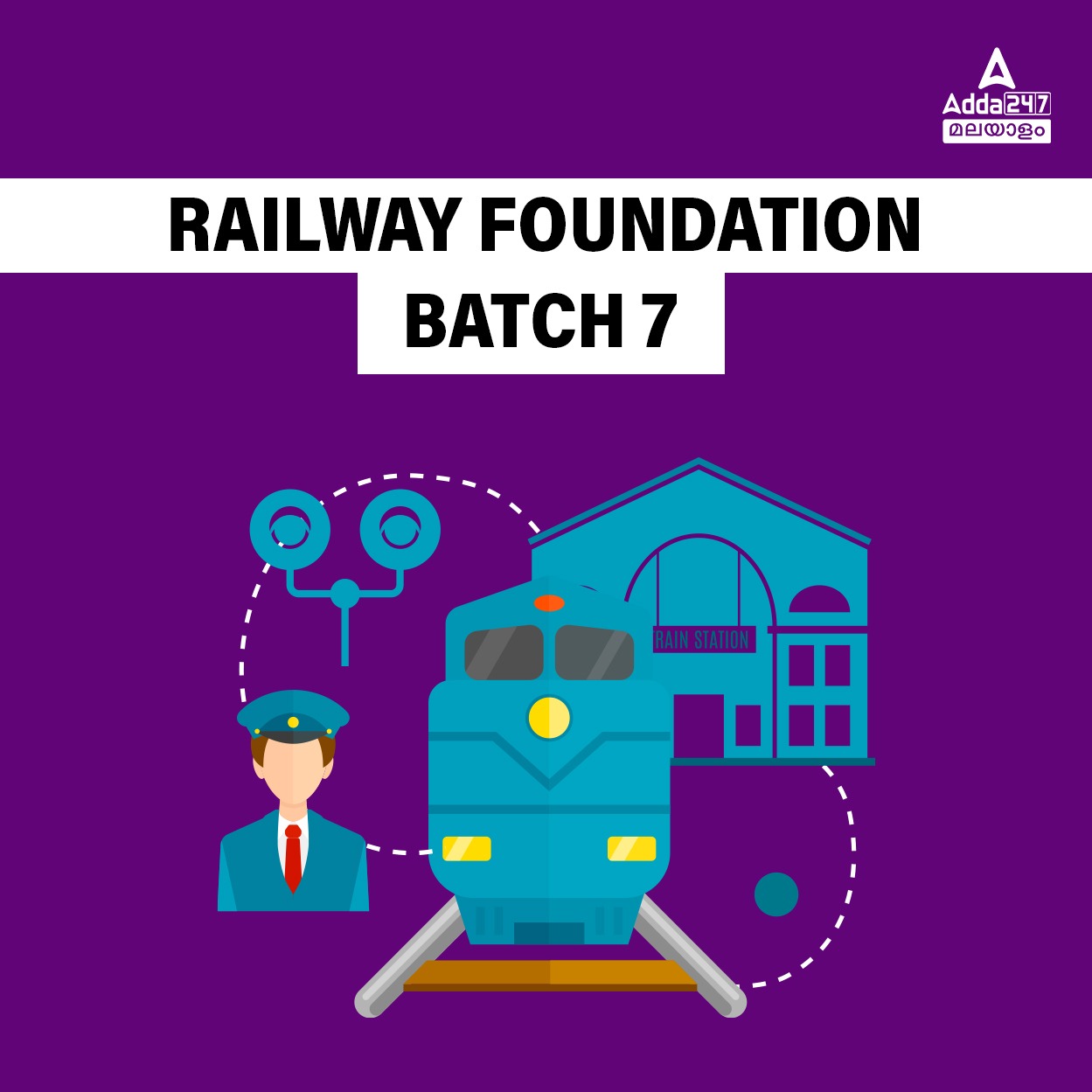Table of Contents
Addapedia Editorial Analysis: Daily News Editorial Analysis 14 August 2024
Addapedia Editorial Daily News , 14 August 2024: In this Addapedia Editorial Analysis, We cover Important News Editorials from Newspapers and provide you with detailed analysis. This ADDAPEDIA Editorial Analysis will help you in understanding the National and International events Current affairs and the background of a particular topic. This comprehensive News analysis will help you in Clearing CA and Interview for many exams.
Editorials usually cover a particular topic that might be National, State or any International event which is most important to acquire brief knowledge about the event. Editorials are written by Famous news analysts, Politicians, Business analysts, Civil Servants or a person who has immense knowledge in that particular field. Knowing Editorials will not only understand the geo-political relations but also how to write and describe any particular issue which helps especially in PSC, SSC and Banks Exams.
The shock-effects of South Asian tumult
(The Hindu, 14-08-24)
What recent events have challenged India’s foreign policy in South Asia?
- Coup in Myanmar and Taliban takeover in Afghanistan in 2021
- Ouster of Prime Minister Imran Khan in Pakistan in 2022
- Riots pushing Gotabaya Rajapaksa out of Sri Lanka in 2022
- Electoral changes in the Maldives and Nepal bringing less India-friendly governments in 2023
- Dramatic departure of Prime Minister Sheikh Hasina in Bangladesh in 2024
What are the key lessons for India from these events?
- Avoid being caught off guard by regional developments
- Maintain engagement with all stakeholders, including opposition parties
- Prioritize pragmatism over ideological alignments
- Avoid reducing ties to communal binaries
- Remain committed to securing minorities within India’s borders
What challenges does India face in maintaining its influence in South Asia?
- Countering China’s growing influence in the region
- Navigating US-China rivalries in the subcontinent without compromising India’s interests
- Addressing the erosion of pan-South Asian mechanisms
- Balancing economic progress with democratic values
- Addressing joblessness and unequal growth in the region
How can India improve its diplomatic approach in the region?
- Broaden neighborhood engagements beyond ruling parties
- Favor plurality of political views within and outside borders
- Balance support for friends with pragmatic engagement with new governments
- Express concerns for minorities more discreetly
- Revive pan-South Asian mechanisms like SAARC
Can you answer the following question?
India’s foreign policy in South Asia has faced significant challenges in recent years. Analyze the key lessons India should draw from these experiences and suggest strategies to strengthen its position as a pre-eminent power in the subcontinent. (250 words)
Hints of the corporatisation of science research in India
(The Hindu, 13-08-24)
How does India’s research funding compare to other countries, and what are the concerns?
- India spends 0.6% to 0.7% of GDP on public science research funding
- This is low compared to countries like South Korea, which spends 2% to 3% of GDP
- Concerns about maintaining financial and administrative autonomy of research institutes
- Worries about potential political interference and ideological constraints on academic freedom
What is the Indian government’s new approach to science and research funding?
- Emphasis on “innovate, patent, produce, prosper”
- Encouraging research institutes to earn revenue from external sources
- Promoting marketization of patents to self-finance research
- Encouraging development of research centers as Section 8 companies for private investment
What is the Anusandhan National Research Foundation (ANRF) and how does it reflect this approach?
- Established under the ANRF Act of 2023 to fund research and improve industry-academia linkages
- Focus on prototype development and marketability of research
- 72% of its ₹50,000 crore funding over five years expected from the private sector
- Signals a reduction in government’s role in funding research
What are the potential implications of this market-oriented approach to science funding?
- May prioritize research with immediate market applications over curiosity-driven basic science
- Could lead to a decline in public funding for non-profit and basic scientific research
- Risks undermining public trust in science if dominated by private interests
- Increased pressure on researchers to produce marketable results
- Potential conflicts of interest between scientific integrity and commercial interests
- Smaller institutions or those in less industrialized regions might struggle to attract private funding
- Increased privatization of knowledge through patents and proprietary research. Challenges in addressing global issues that require open sharing of scientific knowledge
- Researchers focused on basic science might seek opportunities abroad where such research is better funded (Brain drain).
- Critical areas of research important for national security or long-term strategic interests might be underfunded if they lack immediate commercial appeal
What is the way forward?
- Balanced funding approach:
- Maintain a strong base of public funding for basic and curiosity-driven research
- Gradually increase public funding for science to at least 1% of GDP, closer to international standards
- Preserve autonomy of research institutions:
- Protect academic freedom and the right to pursue diverse research interests
- Implement safeguards against political interference in research agendas
- Develop a robust national science policy:
- Create a comprehensive policy that outlines a vision for both basic and applied research
- Ensure representation from diverse scientific disciplines in policy-making bodies
- Invest in research infrastructure:
- Develop state-of-the-art facilities that can be used by both public and private researchers
- Ensure equitable access to these facilities across institutions
- Support interdisciplinary research:
- Encourage collaboration across disciplines to foster innovation
- Create funding mechanisms that support interdisciplinary projects
- Develop ethical guidelines:
- Establish clear guidelines for managing conflicts of interest in funded research
- Ensure transparency in research funding and outcomes
- International collaboration:
- Maintain and expand international research collaborations
- Ensure that IP regulations do not hinder global scientific cooperation on critical issues
- Support for early-career researchers:
- Create specific funding streams and mentorship programs for young scientists
- Ensure a diverse and robust pipeline of future scientific talent
Can you answer the following question:
The Indian government’s new approach to science funding emphasizes market-oriented research and private sector involvement. Critically analyze the potential benefits and drawbacks of this strategy for India’s scientific development.
Addapedia Editorial Analysis PDF 14 August 2024 – Download Link
Grab Now:- Independence Day Special Offer – Buy 1 Get 1 Free
കേരളത്തിലെ എല്ലാ മത്സര പരീക്ഷകൾക്കും ഓൺലൈൻ ക്ലാസുകൾ, വീഡിയോ കോഴ്സുകൾ, ടെസ്റ്റ് സീരീസ്, പുസ്തകങ്ങൾ, മറ്റ് പഠന സാമഗ്രികൾ എന്നിവ ചുവടെ നൽകിയിരിക്കുന്ന ലിങ്കിൽ ക്ലിക്കുചെയ്ത് കണ്ടെത്താനാകും.
***വരാനിരിക്കുന്ന പരീക്ഷകളിൽ വിജയിക്കാൻ ഞങ്ങളോടൊപ്പം ചേരുക***
*ലക്ഷ്യത്തിലേക്കുള്ള ആദ്യ ചുവടുവെപ്പ് | ADDA247 മലയാളത്തിൽ പരിശീലനം ആരംഭിക്കൂ*
Adda247 Malayalam Youtube Channel |
Telegram group:- KPSC Sure Shot Selection











